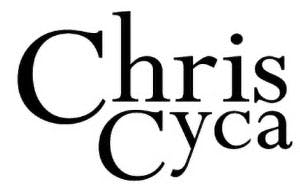When reviewing loan applications and making financing decisions, lenders typically request that the credit bureaus reporting your file provide your credit risk score. The credit score is a number representing a statistical summary of the information in your credit report, including:

- your history of paying bills on time
- the level of your outstanding debts
- how long you’ve had credit
- how many credit cards and loans you have
- your credit limit
- the number of inquiries for your credit report (too many can lower your score, though they’ve refined the program so this is less of a problem than it once was), and
- the types of credit you have.
The higher your credit score, the easier it will be to get a loan. If you routinely pay your bills late, you can expect a lower score, in which case a lender may either reject your loan application altogether or insist on a larger down payment or high interest rate to lower the lender’s risk.
Because your credit history has such an important effect on the type and amount of mortgage loan lenders offer you, always be sure that your credit report is as clean and up to date as possible. Do this BEFORE you apply for a mortgage and before they run a credit check on you. Minimizing the amount on credit cards and store credit cards, as well as paying off over due payments can make all the difference on your credit check and getting you the house of your dreams, at the interest rate you were hoping for.

